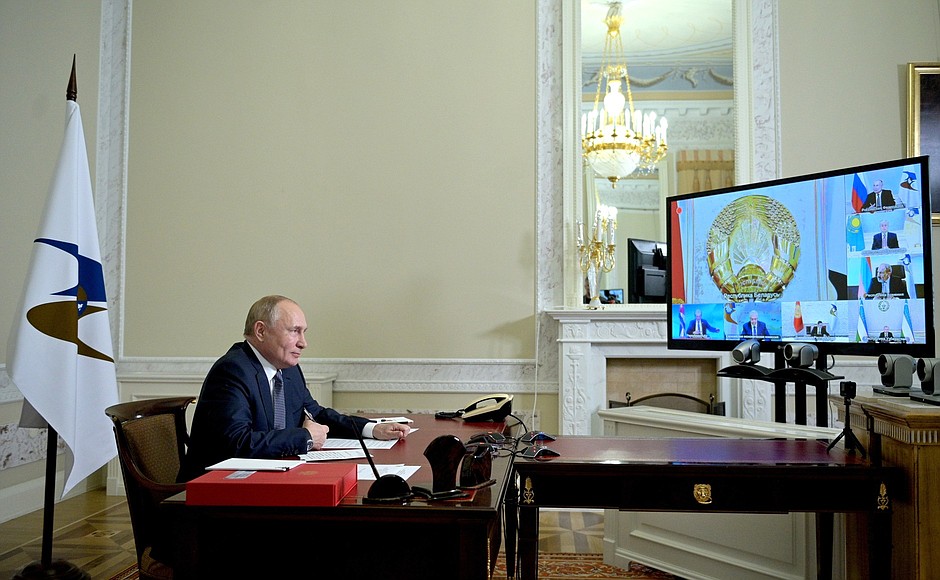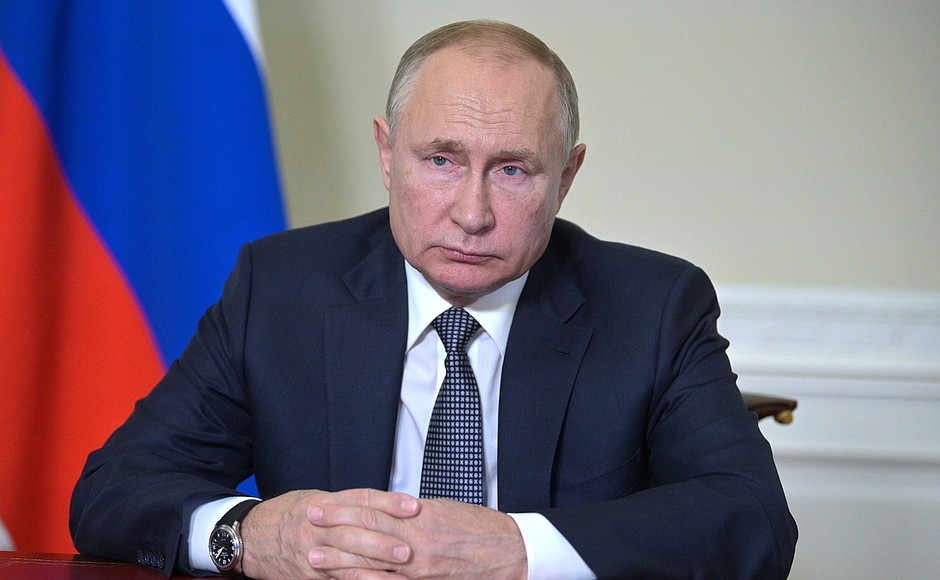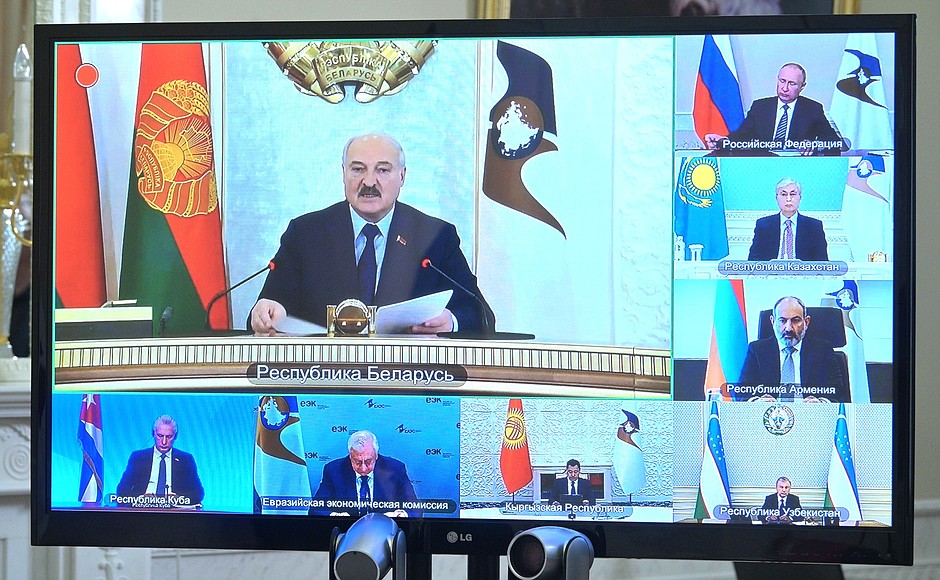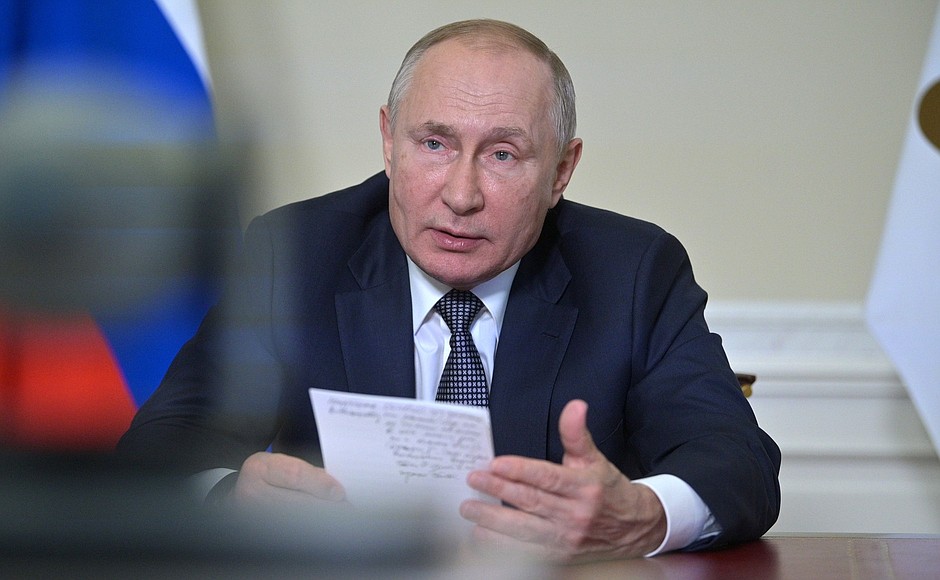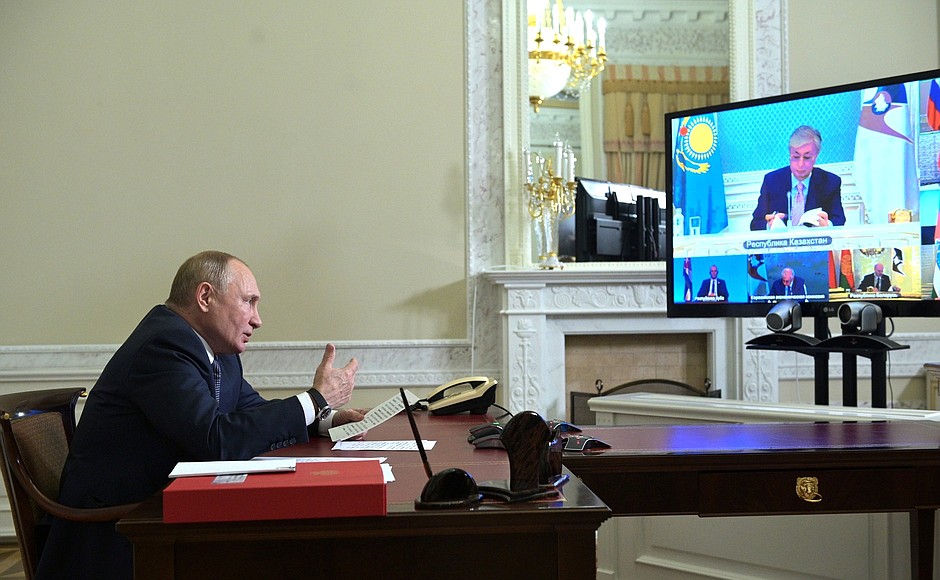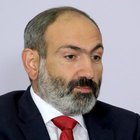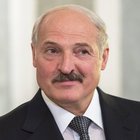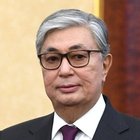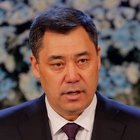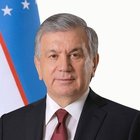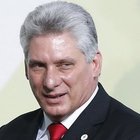Also taking part in the meeting were Prime Minister of Armenia Nikol Pashinyan, President of Belarus Alexander Lukashenko, President of Kazakhstan Kasym Jomart Tokayev, President of Kyrgyzstan Sadyr Japarov, heads of the EAEU observer states – President of Uzbekistan Shavkat Mirziyoyev and President of Cuba Miguel Diaz-Canel Bermudez; Chairman of the Board of the Eurasian Economic Commission Mikhail Myasnikovich, Chairman of the Executive Committee and Executive Secretary of the Commonwealth of Independent States Sergei Lebedev, and Chairman of the Board of the Eurasian Development Bank Nikolai Podguzov.
The participants discussed current issues related to the activities of the Eurasian Economic Union, including joint efforts to counteract the spread of the coronavirus and to address the socioeconomic consequences of the pandemic, energy cooperation and the formation of unified oil and gas markets, and collaboration on the climate and environment agenda.
The participants in the meeting approved a series of documents, including a statement On Economic Cooperation between the Member States of the Eurasian Economic Union within the Framework of the Climate Agenda and a resolution On Transitioning to the Second Stage in the Formation of Unified Markets of Oil and Petroleum Products in the Eurasian Economic Union.
* * *
Speech at the meeting of the Supreme Eurasian Economic Council
President of Russia Vladimir Putin: Friends, colleagues,
Like all of you, I would like to express satisfaction with the fact that despite certain COVID-related challenges, our integration efforts continue, and continue to deepen. The remarks of our colleagues confirm that all of us are interested in seeing the Eurasian Economic Union make further progress and that we cooperate closely and achieve results in the most diverse areas, primarily trade and the economy.
An important joint project titled Strategic Directions in the Development of Economic Integration to 2025, which we approved at the end of last year, is being implemented successfully.
Economic growth resumed in almost all EAEU economies. In particular, Russia’s GDP grew by 4.8 percent in the first six months of 2021. Industrial output in the entire EAEU increased by 4.4 percent and agricultural output by 0.6 percent.
Mutual trade is doing quite well, with trade between the EAEU members increasing by almost a third (31.9 percent) in January-June, and EAEU foreign trade with third countries up by a quarter.
These numbers were achieved despite the fact that some EAEU member states are being subjected – we are aware of this and spoke about it before – to illegitimate sanctions imposed by some countries. It is no secret that these sanctions are being used not only as a tool of unfair competition, but also as a means to undermine legitimate governments by creating social, economic and political problems or exacerbating existing problems, which any country has in ample supply.
We believe such unfavourable external conditions should drive closer cooperation within our union. The importance of close interaction is becoming even more important as we are getting ready to switch to national currencies and cut the use of the dollar and euro in mutual settlements, to make arrangements for import substitution and development of advanced high-tech industries, and to provide people with food.
Incidentally, Russia has gained vast experience in supporting economic growth under Western restrictions, and we are willing to share it with our EAEU partners.
Implementing major economic projects is easier and faster if done as a collaborative effort. I cannot but agree with our chairman [Kassym-Jomart Tokayev] that there is a shortage of such projects. Of course, we need to look for them and implement them, to introduce innovative technologies and to meet the growing demand for high-quality goods and services and thus effectively resist outside pressure.
In this context, we believe it is important for the EAEU to continue to work systematically to build up cooperation in the manufacturing industry and agriculture and to ensure maximum freedom for the movement of goods, services, capital and labour in order to form a truly full-fledged and steady common market.
Importantly, much has been accomplished in these areas. Recently, the EAEU member states have made significant progress in unifying regulations governing retail trade in goods. A process for harmonising national consumer protection regulations has been launched, and general principles and approaches to ensuring food security have been approved.
A resolution on starting the second phase of forming common EAEU markets for oil and petroleum products was submitted for our approval today.
A joint statement on cooperation in the environmental sphere has also been drafted. This document reflects an understanding of the fundamental importance of combating climate change and preserving the environment for all our states.
The agenda includes stepping up interaction on environmental issues and, in particular, the development of a harmonised climate regulation system so that companies in our countries can be guided by clear and agreed upon rules concerning environmental protection.
Notably, Russia is currently making concerted efforts to reduce its economy’s carbon intensity, to cut greenhouse gas emissions, and to promote green energy. Our proposal is that acting within the EAEU we should start unifying carbon reporting standards, implement mutually beneficial climate projects, and jointly create our own technologies based on the use of carbon-free energy sources including, of course, nuclear energy and hydropower.
Digitalisation is another area of interaction between the EAEU states, which, we believe, deserves special attention. We are also discussing this today. Work in this area is gaining momentum, which, of course, meets the interests of both business circles and the people in our countries, since it makes doing business less complicated and increases mobility and availability of services.
The launch on July 1 of a joint digital project in the Eurasian space, the unified Work without Borders search system is a case in point. This electronic service provides access to information about vacancies and applicant CVs throughout the Eurasian Union.
Digital technologies do much to help adapt our countries’ economies and our lives in general to the circumstances created by the spread of the coronavirus. The mobile app Traveling without COVID-19 developed in Russia helps a lot to restore freedom of movement across the EAEU member states. It is reliable and convenient, and people came to appreciate its value. Our neighbours – Azerbaijan, Moldova, Tajikistan and Uzbekistan – joined this project as well.
Colleagues,
I cannot but note that the ongoing integration of the EAEU is getting the attention of a number of foreign countries, which you have already mentioned.
Importantly, observer states are increasingly involved in EAEU operations. They can participate in the integration bodies’ activities at all levels and get familiar with the process of drafting integration documents and implementing adopted decisions.
A flexible system of relations between the EAEU and other states, as well as integration entities such as the SCO or ASEAN, is being effectively implemented in practice.
In July, a free trade agreement with Serbia came into force, and similar agreements are being negotiated with Egypt and Iran. Talks with India have been given the green light. Research groups are studying the feasibility of creating free trade areas with Indonesia and Mongolia.
All of that is very useful from the point of view of the potential expansion of Eurasian integration and the implementation of the initiative to create a Greater Eurasian Partnership.
Importantly, the more undeniable the EAEU’s real achievements become in the economy, trade and social sphere and, most importantly, in improving the welfare of citizens, the more weight and influence our association obviously will enjoy internationally.
In closing, I would like to express my gratitude to our partners from Kazakhstan, who chaired the EAEU this year and, given the challenging circumstances, have in every possible way helped to further advance integration processes.
Thank you.
